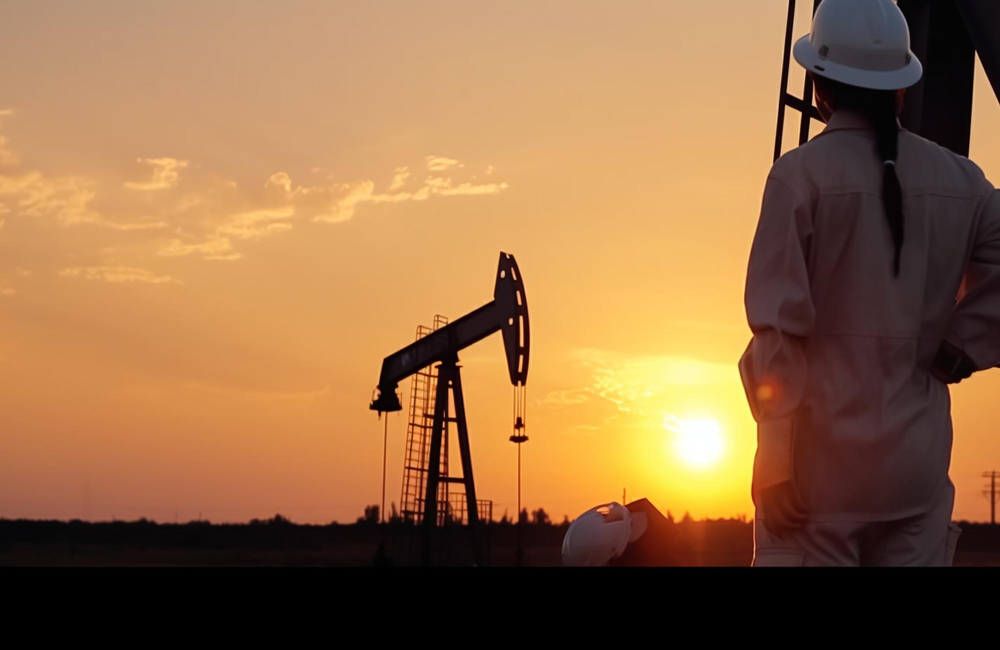Why? Nestled under guff such as “Pendal has some of the most respected investment talent in the world” and “compelling global distribution footprint” was the big reveal: “the indicative proposal… is materially below Pendal’s underlying standalone value.” Please up the offer, in other words. The board responded with a $100 million on-market buyback. Markets are regaining their footing. After falling, then rising, then falling again, the Dow ended down 0.4% on the day. They closed the week down 1.1 percent.
Buyers remorse at Block?
Is Australia’s biggest deal a touch too big? That is a question hanging over Block (formerly known as Square) after its new buy Afterpay reported losses up four times to $345 million in the last quarter of 2021, with increasing marketing costs and provisioning for bad debts. Cost of sales accelerated even faster than total income, up 65% and 55%, respectively. The stumble comes as the sector contends with more competition, a slowing economy and unwelcome attention from regulators and consumer critics.
Albo’s gaffe
This week, politicians and journalists sparred all over the data in the Australian Bureau of Statistics press releases. On Monday, Opposition leader Anthony Albanese incorrectly answered that the unemployment rate is 5.4 per cent. That gave credence to the Coalition line that they are the better economic managers and he was a year away from the correct answer. But the next poll was prepared for the press’ gotcha questions. Two days later, on another occasion when a fearless reporter asked the Greens leader, Adam Bandt, what the wage growth figures were, he replied: “Google it, mate”. We’ll leave it to you to determine the quantified truths politicians ought to carry in their minds.
Are we there yet?
‘Team Transitory’ got a little carry this week when US inflation data showed some prices retreated in March. What was buried in the ugly 8.5% annual jump (the highest since 1981) was a 0.3% month-on-month increase in “core inflation” a measure that excludes food and energy. It increased less than anticipated and dropped from February’s 0.5% on falling used car prices. But hard times are coming: Oil prices are climbing once more and supply interruptions await as hundreds of ships wait listlessly outside of Chinese ports closed by Covid-19.
JPMorgan prepares for rainy day
America’s biggest lender set aside US$902 million for potential losses as it warned of risks stemming from Russia’s war in Ukraine and elevated inflation. Speaking Wednesday, chief executive Jamie Dimon lauded the US economy but predicted “significant geopolitical and economic challenges ahead as a result of high inflation, supply-chain issues and the war in Ukraine.” The bank reported a 42% profit drop in the first quarter.
Woodside looks beyond the ASX
Unless some unexpected shareholder smack down happens, Woodside merges with BHP’s petroleum business on 1 June. Under the all-stock agreement, slightly more than 900 million new Woodside shares will be issued to BHP shareholders. Woodside is seeking dual listings in New York and London to attract overseas owners to hang around. If new shareholders headed for the exit at once it might take some shine off Woodside's stock, which has otherwise been in rude health. It will also be making its overseas debut on 1 June.
The local share market punched through a fleet of four economic signals hanging over world equity markets. Chinese economic data earlier in the week indicated that growth was slowing in the world’s largest exporter and manufacturer. A rise in oil prices from Tuesday revived concerns that expensive energy would eat into growth and increase inflation. US inflation data released showed an increase in prices in March at the fastest rate since 1981.
Investors have a laser focus on whether central banks can bring down inflation without crashing the economy, said Stephen Miller, an adviser at GSFM funds management.
“Will they be able to pull off the high wire act that allows them to get inflation under control without tipping the economy into recession? There’s still a huge question about it,” he says. “And that’s what’s driving this volatility in global equity markets, and the ASX.”
At home, shares in Bank of Queensland punished as much as 6.6 per cent lower on Thursday when its half-yearly numbers included a smaller than expected payout. Fintech heavyweight Z1P tumbled 13.7 per cent over the week as Afterpay’s lacklustre quarterly results echoed through the sector.
Shares of EML Payments shot up 10.5% on Wednesday following news that the company was in negotiations with private equity firm Bain Capital over a takeover. The talks have now ended. The shares were up 3.6% for the week.

























